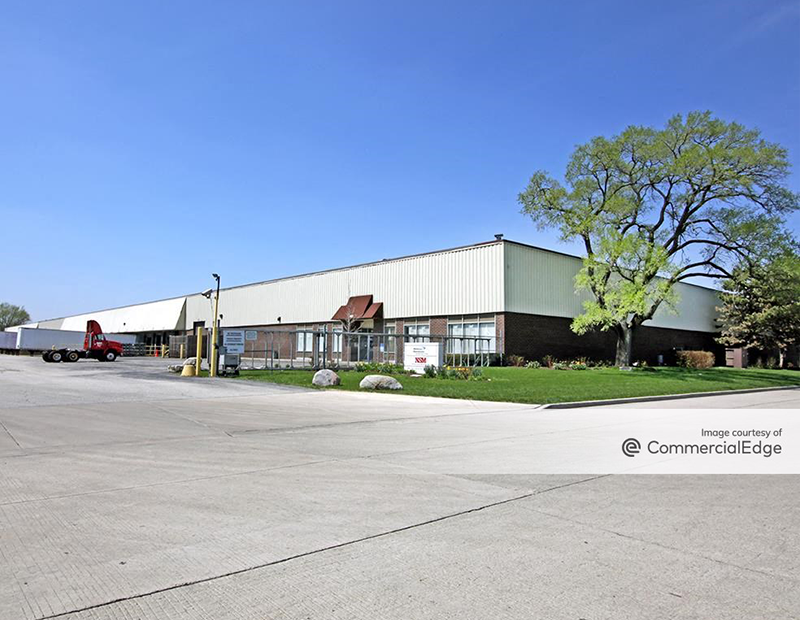Is Your Hotel Paying Too Much Property Tax?
Excessive tax bills are common in the hospitality sector. Here's what to look for.
By J. Kieran Jennings and Anthony C. Barna
The value of a hotel for purposes of tax assessment is not the same number as its value as a going concern. Understanding the difference between the two will save the hotel owner from an excessive property tax bill.
For assessors, the challenge is to correctly distinguish taxable assets from the non-taxable, and therein lies both a problem and an opportunity. By fully separating the assets, the property owner may reduce its taxes. But failing to properly prove the allocation results in the owner paying real estate taxes on non-real estate—and likely non-taxable property.
Let’s step back for a moment and note that hotel operation comprises four closely related asset components: land; the building or buildings; furniture, fixtures and equipment; and the business itself.
The main distinction here is that land and buildings are taxable as real estate, whereas the business components and fixtures, furniture and equipment are not. Nevertheless, each asset component is tightly linked to the others in making up the value of the going concern.
Reckoning Value
Because these assets are investments, each must generate income to justify its cost. Calculating the return of and on these investments can serve to separate the asset’s value from the going concern and isolate the real estate value.
Clearly, room revenue in a hotel operation is based on more than nightly room charges; it also includes income attributable to the furnishings and services. Separating the value of furniture, fixtures and equipment is the obvious first step to allocating the assets. Assuming that the taxpayer can make a supportable estimate of the market value of the fixtures, furniture and equipment, the taxpayer can then subtract the value attributable to the use of, and profit from, those items. In other words, the value calculation should recognize both a return of—and a return on—furniture, fixtures and equipment.
To be sure, furnishings are hardly the only investment in hotel operations. Services such as marketing and reservation systems, food and beverage, recreational amenities, and quality of the flag or brand, among other components, all contribute to the property’s value.
These cost centers are business assets that are part of the going concern, but they are not taxable as real estate. Still, many assessors mistakenly accept only the removal of the depreciated cost of the furniture, fixtures and equipment, and erroneously attribute the full net operating income to the real estate. Crucially, that includes the non-taxable business income associated with the hotel operation.
In order to pay tax only on the real estate, property owners should allocate value to the non-taxable business assets. That step allows the owner to more accurately segregate the value of the real estate from the going concern.
Robust Debate
Within the valuation community, there is robust debate over the extent of items related to business value that should be removed from the going concern. Some appraisers go so far as to assign a value to the initial investment in personnel and training, while others may just remove the food and beverage component and apply a rent to the restaurant or meeting space.
Make no mistake: Appraisers and courts agree that a business value component exists. When that value is clearly demonstrated and the valuation is properly supported, courts and appraisers will also agree that it should be removed from the going concern in order to isolate the real estate. Until persuaded otherwise, however, taxing authorities usually take the position that expenses associated with hotel cost centers offset the income, and the management and franchise fees cover all of the business and intangible values associated with a hotel.
Blending the contributory value of the furnishings and business with the real estate is a disservice to the taxpayer and unjustifiably burdens the property with an excessive fixed cost. A well-developed real estate appraisal for a lodging property will go beyond addressing the value of the going concern, and will also analyze each asset category to correctly identify the taxable real estate component. By drilling down into the operation of the property and segregating the asset components, a capable valuation expert may be able to offer some relief to the taxpayer.
The final key to minimize taxes is local knowledge. This requires an understanding of the jurisdiction and the methodologies that local tax assessors find acceptable, and knowing the personalities of opposing counsel and appraisers. Many ideas surround asset allocation, and knowing which ones to employ may keep hotel owners from overpaying real estate taxes.
J. Kieran Jennings, Esq., is a partner in the law firm of Siegel Jennings Co. LPA, the Ohio and Western Pennsylvania member of American Property Tax Counsel, the national affiliation of property tax attorneys.
Anthony C. Barna, MAI, SRA, is a principal of Pittsburgh appraisal firm Kelly|Rielly|Nell|Barna Associates. He specializes in appraisal and consulting for litigation support.









You must be logged in to post a comment.